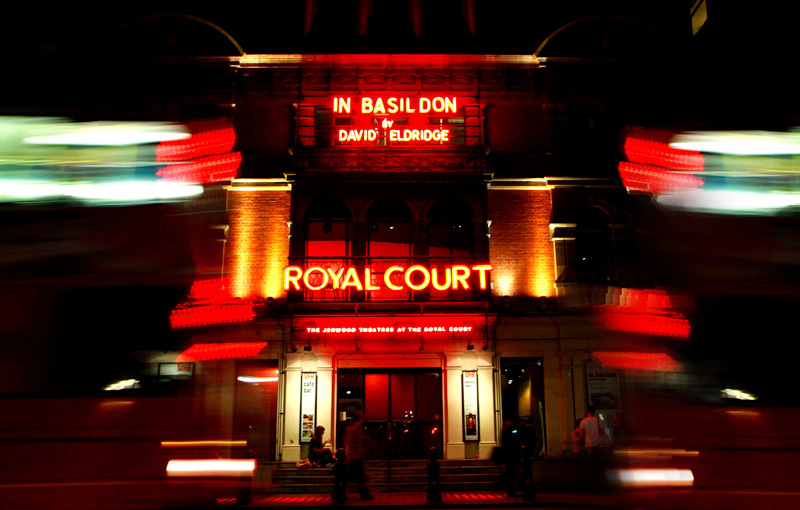
(TibetanReview.net, Apr05, 2018) –Official correspondence obtained under the Freedom of Information Act show that the Royal Court theatre had pulled a play about Tibet from being staged in London after the British Council, UK’s cultural diplomacy arm, had privately advised that not doing so would jeopardise the theatre’s ability to work in China, including in partnership with it, reported theguardian.com Apr 4.
The theatre, which had been criticised by the play’s award-winning Indian author who said the play had been shelved, later claimed in February that it had to postpone and then withdraw the production for “financial reasons” in 2017 and that it was now committed to producing the play in spring next year.
The play’s scheduled West End run, from October to November last year, would have had an impact on a joint arts programme being run in China as well as coinciding with “significant political meetings” in China, the theatre was revealed to have been warned by a high-ranking British Council official serving as a first secretary in the UK’s embassy in Beijing.
The play, Pah-La, deals with life in contemporary Tibet. It draws on personal stories of Tibetans with whom the playwright, Abhishek Majumdar, had worked in India, home to a substantial community of Tibetan exiles including the Dalai Lama.
The report said the Royal Court had sent to the British Council official, Nick Marchand, a draft of the play and sought advice on how it could affect a project that it and the British Council had been running with 16 writers in China.
Indicating a suggestion for self-censorship, Marchand, the British Council’s director arts, China and North East Asia, is shown to have written in reply: “Frankly, we do feel that Pah-La will likely jeopardise the Royal Court’s ability to do further work in/with China for some time. By extension, we suspect it would be the end of the writing project.”
He had further written: “It has to be up to the Royal Court to decide where the balance of artistic interests lie.”
The correspondence is reported to shed light on the tightrope that UK arts have to walk in terms of ongoing outreach work with artists in states such as China where democracy is limited but which are being wooed by the British government as it attempts to strike post-Brexit trade deals.
In this connection, Vicky Featherstone, the Royal Court’s artistic director, has told The Guardian, “It is evident to us, in a post-Brexit era where cultural diplomacy is being used as a bridge to trade, that we must protect potentially silenced voices more than ever.”
Majumdar had later praised an apology issued by the theatre and its announcement that the play would be produced in spring 2019.
Freedom of expression group English PEN had said in Mar 2018 that the controversy revealed how China had sowed anxiety among artists and arts organizations, describing this as “a chill on artistic freedom”.
The British Council was earlier accused in 2012 of excluding Chinese dissident and independent voices from the London Book Fair when it was focused on the Chinese market. And in 2010 it cancelled a performance of a ballet created for the Shanghai Expo because it was dedicated to the people of Tibet, the report recalled.





